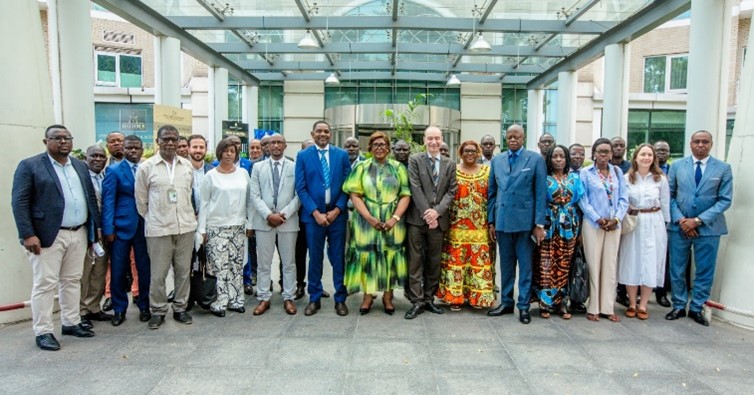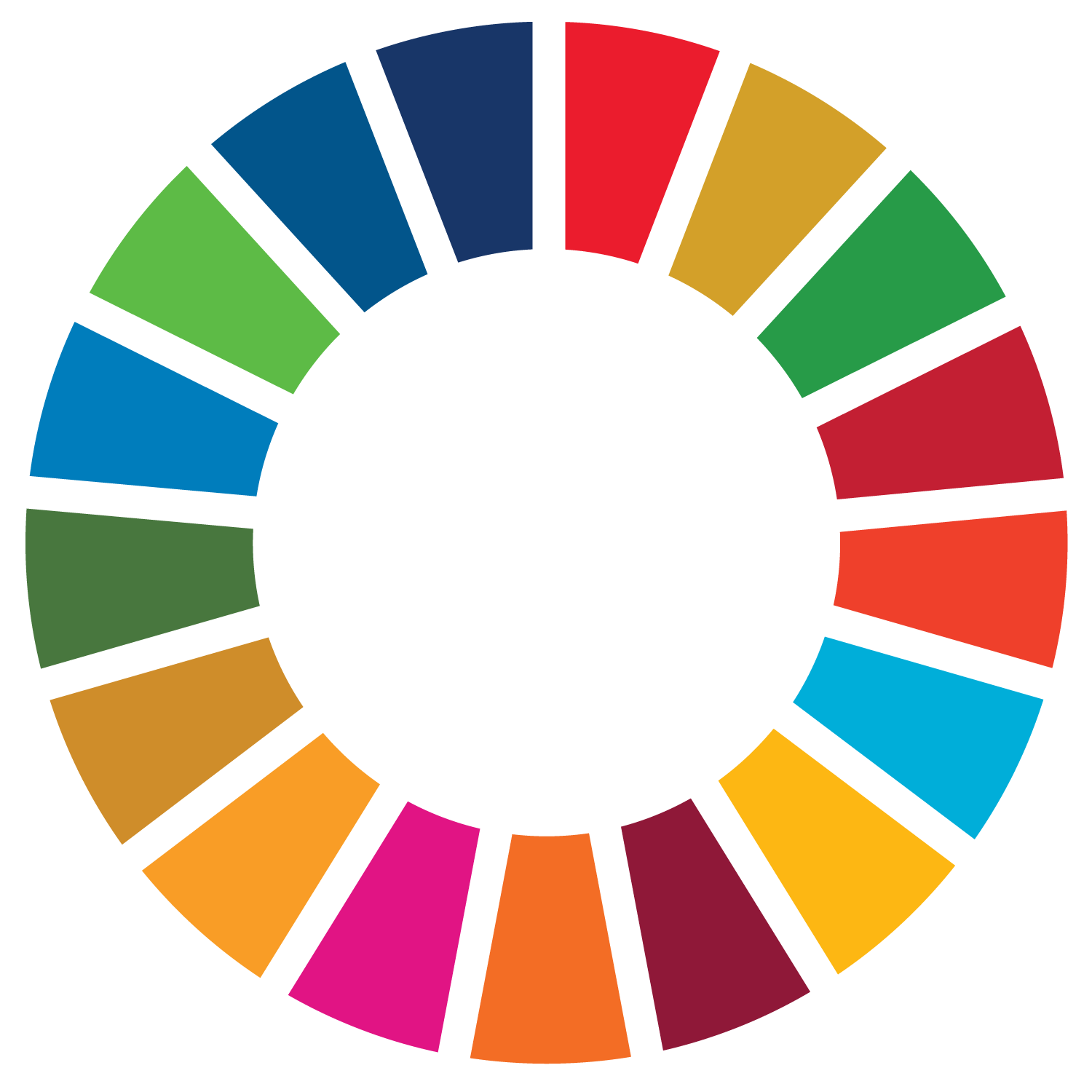© Per Bøgelund Hansen
- March 21, 2025
The United Nations Environment Programme (UNEP), in collaboration with the Ministry of Environment, Sustainable Development and the Congo Basin of the Republic of the Congo, and with the support of the UNEP-DHI Partnership – Centre on Water and Environment, convened a stakeholder consultation workshop in Brazzaville on 13–14 March 2025. The workshop was part of the project Securing Crucial Biodiversity, Carbon, and Water Stores in the Congo Basin Peatlands by Enabling Evidence-Based Decision-Making and Good Governance, funded by the German government through the International Climate Initiative (IKI).
The workshop brought together various stakeholders, including representatives from government agencies, research institutions, and development organizations, to exchange insights on the development of a Hydrological Decision Support System (HDSS) for the Lac Tele-Lac Tumba landscape, a tool being developed within the project. This event provided a platform for exchange and collaboration, covering key aspects related to HDSS, such as the system’s functionality and applications in evidence-based decision-making; the identification and mapping of key development scenarios that could impact peatland hydrology and ecosystem integrity to be integrated into the HDSS; as well as the institutional hosting, maintenance, and operationalization of the system beyond the project’s duration. This tool will deliver data-driven insights around climate and water to equip decision-makers in the Democratic Republic of the Congo and the Republic of the Congo with scientific evidence needed for sustainable peatland management.
“The workshop marked a major advancement thanks to the fruitful dialogue between scientists, local representatives, and NGOs […] for the protection of peatlands. The synergy between modern technologies and ancestral practices illustrated a sustainable path to preserving ecosystems, the vital heart of the planet.”
— Guy Blanchard Okeri, National Coordinator of the Congo Climate Network (RCC)
Building on the outcomes of this consultation, UNEP will:
- Integrate stakeholder feedback into the final development phase of the HDSS.
- Work closely with national institutions to support a governance framework for HDSS operationalization.
- Provide targeted capacity-building and training to ensure relevant national stakeholders can effectively utilize and upgrade the HDSS for decision-making.
For further information, please contact:
- Simon Tanios (UNEP): Simon.Tanios@un.org
- Lisbet Hansen (UNEP-DHI): lrha@dhigroup.com

Photo of Meeting Participants and Organizers
Le Programme des Nations Unies pour l’environnement (PNUE), en collaboration avec le Ministère de l’Environnement, du Développement Durable et du Bassin du Congo de la République du Congo, et avec le soutien du Partenariat PNUE-DHI – Centre sur l’Eau et l’Environnement, a organisé un atelier de consultation des parties prenantes à Brazzaville les 13 et 14 mars 2025. Cet atelier s’inscrit dans le cadre du projet Sécuriser les réserves cruciales de biodiversité, de carbone et d’eau dans les tourbières du bassin du Congo grâce à une prise de décision éclairée et une bonne gouvernance, financé par le gouvernement allemand à travers l’Initiative Internationale pour le Climat (IKI).
L’atelier a réuni divers acteurs, notamment des représentants d’agences gouvernementales, d’institutions de recherche et d’organisations de développement, afin d’échanger sur le développement d’un Système d’Aide à la Décision Hydrologique (HDSS) pour le paysage Lac Télé–Lac Tumba, un outil en cours de développement dans le cadre du projet. Cet événement a constitué une plateforme d’échange et de collaboration, abordant des aspects clés, liés au HDSS, tels que sa fonctionnalité et ses applications dans la prise de décision basée sur des données scientifiques; l’identification des principaux scénarios de développement pouvant impacter l’hydrologie des tourbières et l’intégrité des écosystèmes à intégrer dans le HDSS; ainsi que l’hébergement institutionnel, la maintenance et l’opérationnalisation du système après la fin du projet.
“L’atelier a marqué une avancée majeure grâce au dialogue fructueux entre scientifiques, représentants locaux et ONG […] pour la protection des tourbières. La synergie entre technologies modernes et pratiques ancestrales a illustré une voie durable pour préserver les écosystèmes, cœur vital de la planète.”
— Guy Blanchard Okeri, Coordinateur National du Réseau Climat Congo (RCC)
Sur la base des résultats de cette consultation, le PNUE s’engage à :
- Intégrer les contributions des parties prenantes dans la phase finale de développement du HDSS ;
- Travailler en étroite collaboration avec les institutions nationales pour soutenir un cadre de gouvernance pour l’opérationnalisation du HDSS ;
- Fournir un renforcement ciblé des capacités et des formations pour garantir que les parties prenantes nationales concernées puissent utiliser et améliorer efficacement le HDSS pour la prise de décision.
Pour plus d’informations, veuillez contacter :
- Simon Tanios (PNUE) : Simon.Tanios@un.org
- Lisbet Hansen (PNUE-DHI): lrha@dhigroup.com
Share this post
UNEP DHI Partnership – Centre on Water and Environment
Agern Allé 5, 2970 Denmark
Tel: +45 45169200
